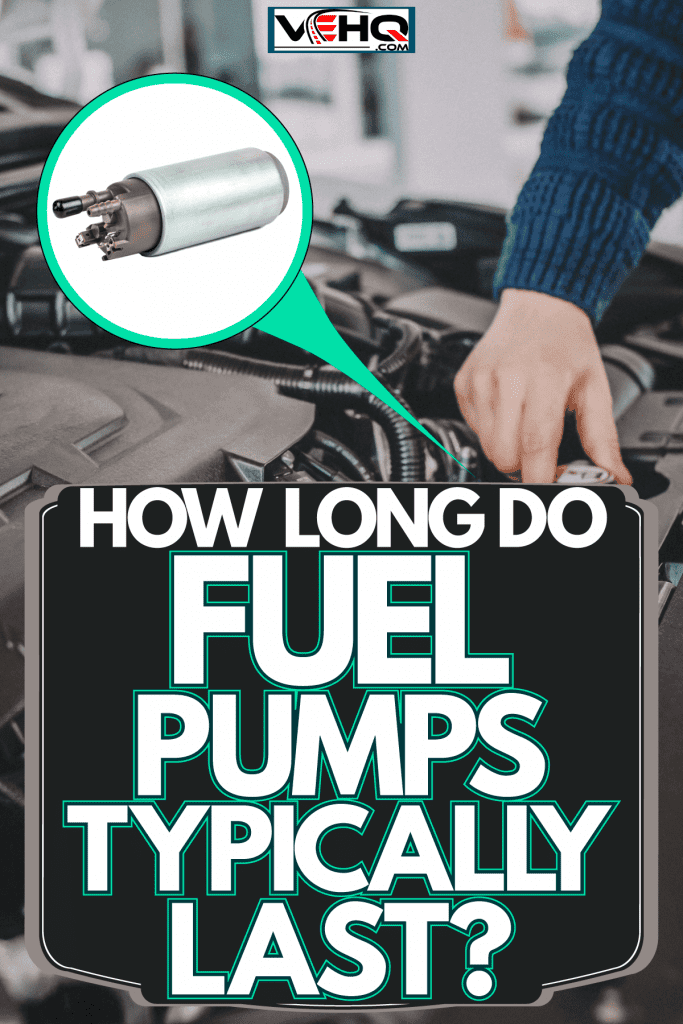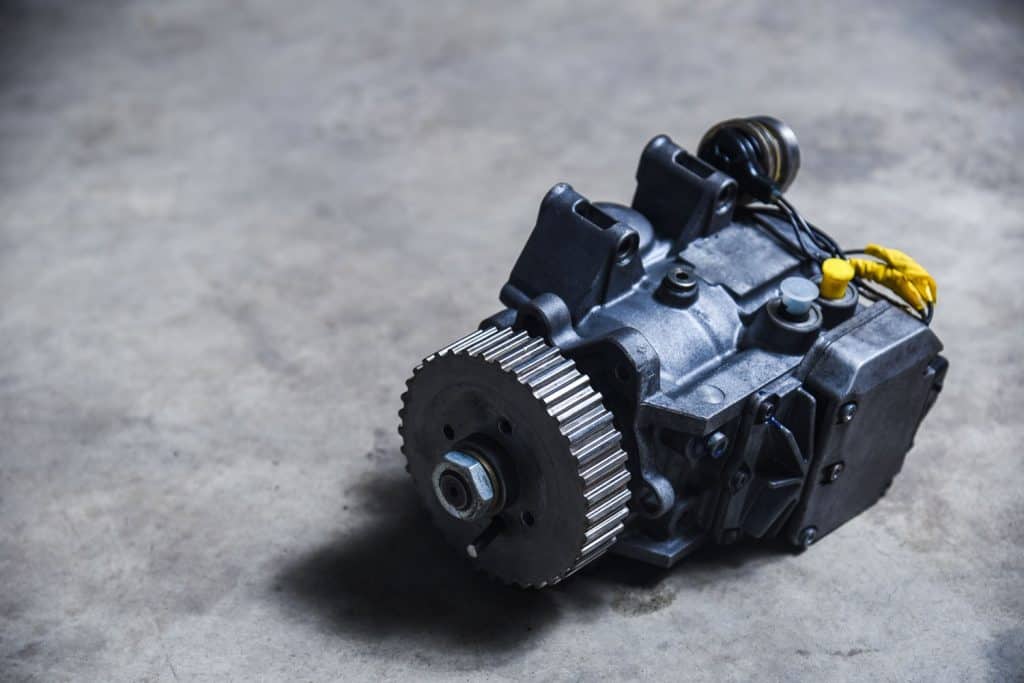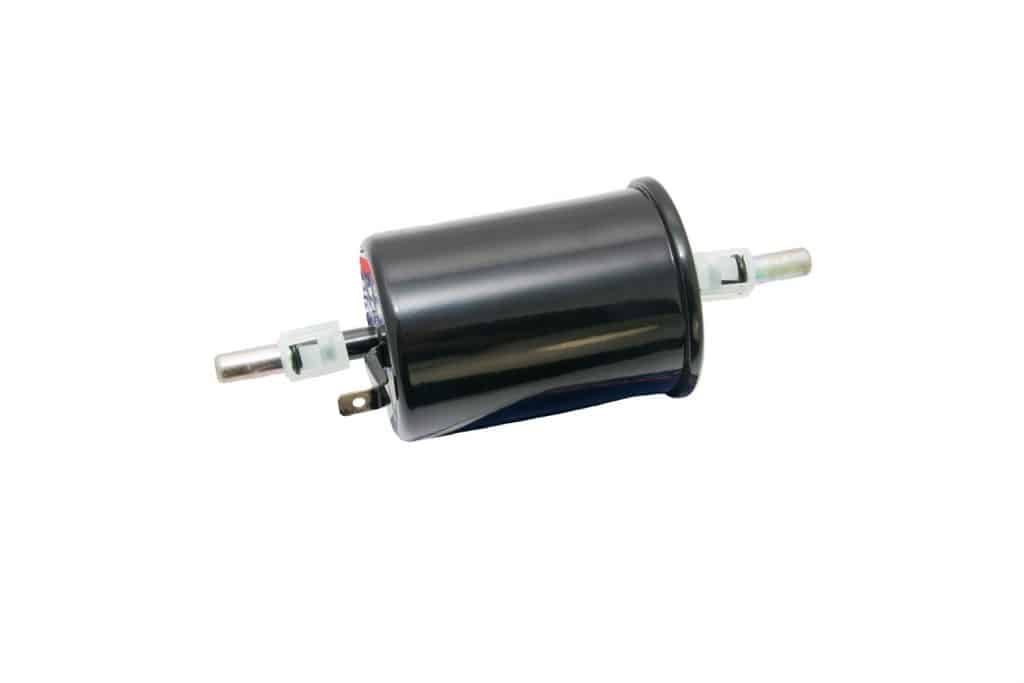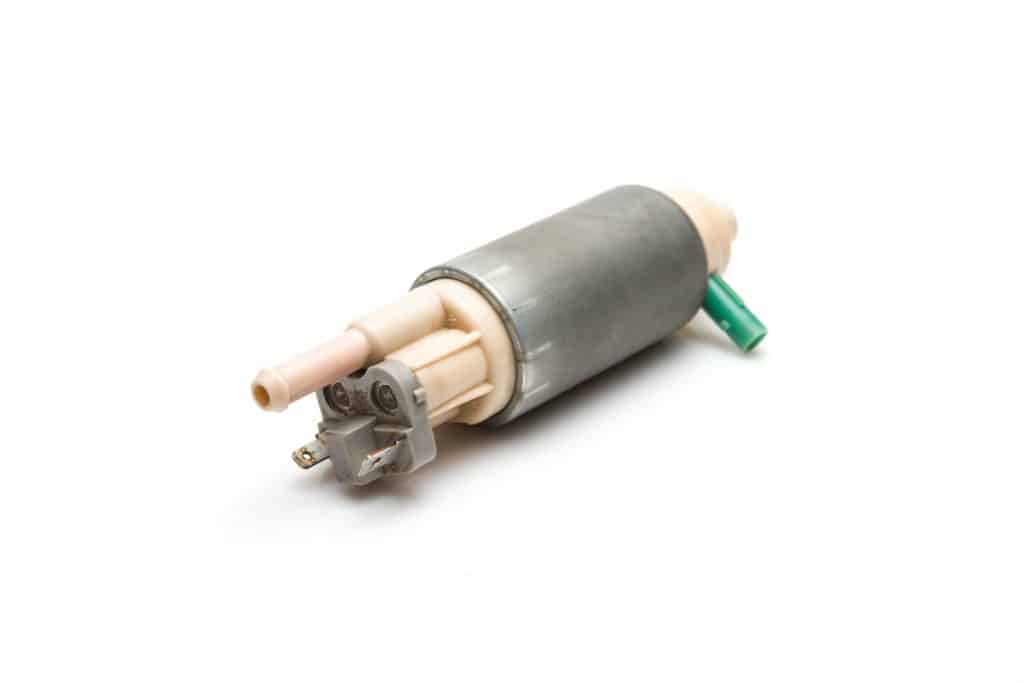Are you worried that your car will suddenly die on you while you're in the middle of nowhere? You've probably heard that this happened to someone you know and a bad fuel pump was the culprit. Which leads you to wonder how long can you expect your fuel pump to work in good condition? We've talked to automotive experts and here's what they say.
Your fuel pump can serve you for 100,000 miles. It can even last beyond this period if you practice good driving habits such as getting a good quality of gas from a well-maintained gas station, not running on low fuel, and having your filter replaced often.
Hang on because we're going to tell you more about how you can take care of your fuel pumps so they'll last longer and how you can tell when it's time to have yours replaced. We've also got answers on how much it'll cost you and if you can have your fuel system tested in Autozone. Let's start!

What Is The Life Expectancy Of A Fuel Pump?
Your vehicle's fuel pump is responsible for delivering fuel from your gas tank all the way to your engine. Without it, your car won't start. Yes, even if you have a tank full of gas. That's how important it is.
There are 2 main types of fuel pumps: mechanical and electric. Mechanical fuel pumps can have a diaphragm or a plunger. Using positive displacement, they are able to suck and deliver the fuel to the pipes leading to the engine. Electric fuel pumps are able to generate high pressure within the fuel lines and move gas all the way to the engine.
But whatever type of fuel pump you have, you can expect them to last for 100,000 miles or even beyond depending on your driving practices. They are reliable, to say the least. This is why they aren't part of your vehicle's regular maintenance schedule. You will only need to have them replaced when they go bad.

What Makes A Fuel Pump Go Bad?
Different factors contribute to the failure of your vehicle's fuel pump. These are wear and tear, contamination, and the bad habit of driving with a low fuel supply.
Wear And Tear
The fuel pump is always at work each time your car is running. Its components will eventually wear out given its workload. Metal parts can become rusty while plastic will also give in over time.
Contamination
Dirt and debris can find their way inside your fuel tank. You can get this when you pump your gas or when your gas tank cap isn't properly shut. While the filter can keep these unwanted particles from reaching your engine, they can accumulate and clog the passage through the fuel lines. This makes your fuel pump work extra hard and accelerate its depreciation.
Driving With A Low Gas Tank
Yes, it happens every once in a while when our fuel runs low before we get gas. But if you make it a habit to drive with a low supply of gas, you're compromising the health of your fuel pump.
When your gas tank has more fuel in it, the pump's work is a lot easier. The weight of the fuel adds pressure to the pump so it can deliver fuel to the engine more efficiently. However, with a constantly low gas supply, your pump has to work hard all the time. It can even dry out, heat up, or crack when this happens often.
These are just some of the most common reasons why your fuel pump will fail. But of course, with proper maintenance and good driving practices, you can help extend its life expectancy.
Make sure your gas tank never goes below a quarter of its capacity, fill up with high-quality fuel, change your filter regularly, completely shut your gas cap, and avoid going to dirty and poorly maintained gas stations.
What Are The Signs Of A Bad Fuel Pump?

Trust us, you will know when your fuel pump is failing. There are a lot of signs that'll tell you so. Here are some of them:
- Noise - Instead of the usual soft humming sound that you hear when you start your vehicle, a loud whining noise might greet you. You can also hear an irritating sound in your fuel tank.
- Sputtering engine - When your fuel pump is faulty, you'll notice that your car isn't running smoothly. You can be driving at a normal speed one minute and then have a sudden high energy boost the next and before you know it, your car dies in the middle of the road. Yeah, it's a roller coaster ride!
- Having trouble starting your car - A bad fuel pump has most likely lost its ability to regulate your vehicle's static pressure. Thus, it'll take a long time before you can get your car started.
- Underpowered engine - You will know when your vehicle doesn't have enough power when you're having a hard time climbing steep hills or driving with a heavy load. Your engine needs more fuel during these instances but there isn't enough gas reaching it to give it the power that it needs.
- Decreased fuel efficiency - Your engine's fuel supply isn't regulated properly so you'll end up consuming more fuel than needed.
- Overheating engine - Since your engine isn't getting enough fuel to power it, it's under a lot of stress which causes the rise in its temperature.
- Check Engine light on - Your vehicle has sensors and they can detect that something is amiss. This will activate the Check Engine light on your dashboard.
When you experience any of these symptoms, you can test your fuel pump. There are fuel pressure testing kits that are available on the market. Better yet, you can take your car to your trusted mechanic right away to have it inspected lest you encounter more troubles on the road.
Can I Drive With A Bad Fuel Pump?
Technically, there are ways for you to start your vehicle even with a bad fuel pump. You can connect a fuel pressure gauge to the engine or apply manual pressure so that the fuel will reach the engine. But these are only temporary solutions and will only be good enough probably to take you to the nearest mechanic.
A fuel pump is necessary to keep your engine running. If it's failing at its job, there won't be enough fuel to be able to move your car forward. Or maybe you could get it to start but it'll also stop after a short while. That's why it isn't recommended at all for you to drive with a faulty fuel pump. You need to have it replaced immediately.
How Expensive Is It To Replace A Fuel Pump?
The cost of replacing your bad fuel pump will depend on your vehicle's make and model and the labor cost.
Make And Model
For common vehicles, the price for the replacement part is around $100 to $250. But for other models with fuel pumps that are difficult to source, prepare to spend a lot more.
Labor Cost
The labor rate varies across America but more importantly, it would depend on how complicated the task is. Some vehicles have an access panel on the passenger's side which makes it easier for a mechanic to get to the fuel pump system.
Meanwhile, there are vehicles that require you to drop the fuel tank before being able to get through the fuel pump. This would take longer because there are complex wirings and connections that need to be dealt with.
And there are people who are comfortable with tools who can do this job in their own vehicles. Thus, they can save on labor costs. But for those who will ask a professional mechanic to replace their fuel pump, the labor cost can range from $124 to $600.
Total Cost
So, all in all, prepare to spend around $100 (assuming you can do it yourself) to $850 to have your fuel pump replaced.
Can AutoZone Test My Fuel Pump?

Autozone is one of the go-to places when it comes to auto parts. They also have limited in-store services and offer sound advice and tips for motorists on how to do some maintenance and repairs.
Fuel pump testing isn't included in their list of services. However, they do sell fuel pressure tester kits for different brands and models. Their fuel pressure test gauge will make it easier for car owners to determine if something is wrong with their fuel pump.
Their fuel pressure gauges are compatible with a Schrader valve. Many vehicles, whether domestic or imported, use this on their fuel pressure regulator. But in case your car has a different valve, they also have adapters to make sure that the gauge will fit perfectly.
Final Thoughts
Although fuel pumps are expected to serve you until you reach 100,000 miles, you can help make it last longer by ensuring that your fuel level never goes below a quarter of its capacity, getting high-quality fuel, and changing your filter frequently. These good habits will go a long way.
You can also check these links for some related reading:
